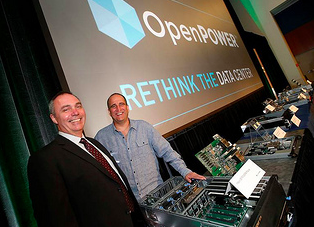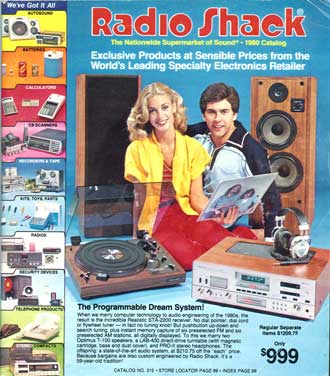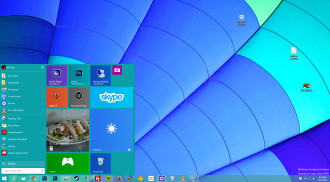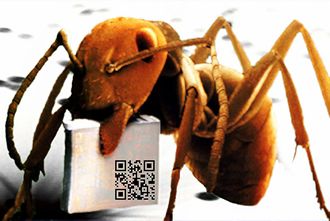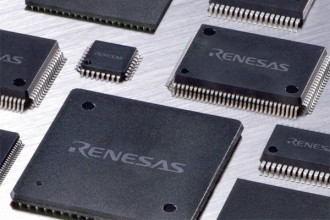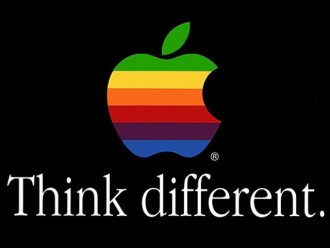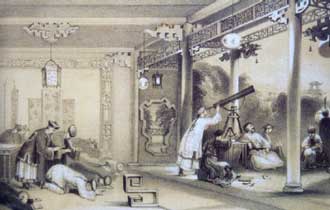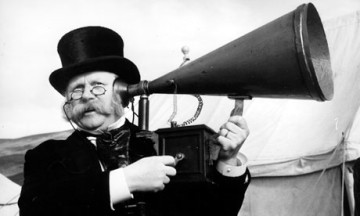 A survey commissioned by the Daisy Group estimates that slow net connections cost the UK a staggering £11 billion a year.
A survey commissioned by the Daisy Group estimates that slow net connections cost the UK a staggering £11 billion a year.
The research was carried out by One Poll on Daisy’s behalf, and surveyed 2,000 adults.
According to the report, 72 percent of the estimated 30 million workers in the UK use the net as part of their daily tasks.
Thirty nine percent of the respondents said home net connections were “much faster” than the ones used for work.
Daisy product manager Jan Wielding said too many businesses used basic ADSL connections aimed at home users. “These are the businesses that struggle to cope with the high bandwidth demands of software and apps that workers use.:
Wielenga said this was unacceptable, particularly when fibre and dedicated Ethernet are cheaper than ever and widely available.
Over 60 percent of the people surveyed said they used their smartphones for non related work activities. And when the business net goes down, nine per cent scurry to see if there are other jobs going, using their smartphones.
The survey appears to show that the average British worker loses 38 hours of productivity a year because of downtime or slow access – meaning something like £494 worth of productivity is lost a year.
Wielenga said that there is a lack of awareness in small to medium enterprises that a government sponsored Super Connected Cities scheme will subsidise the the cost of a much faster connection.
Daisy is hosting a webinar on the 26th of March, in conjunction with the CBI, to help SMEs through the maze.
